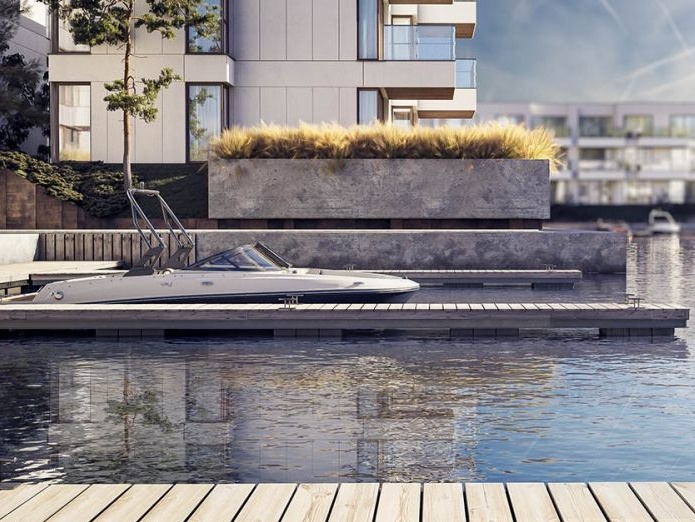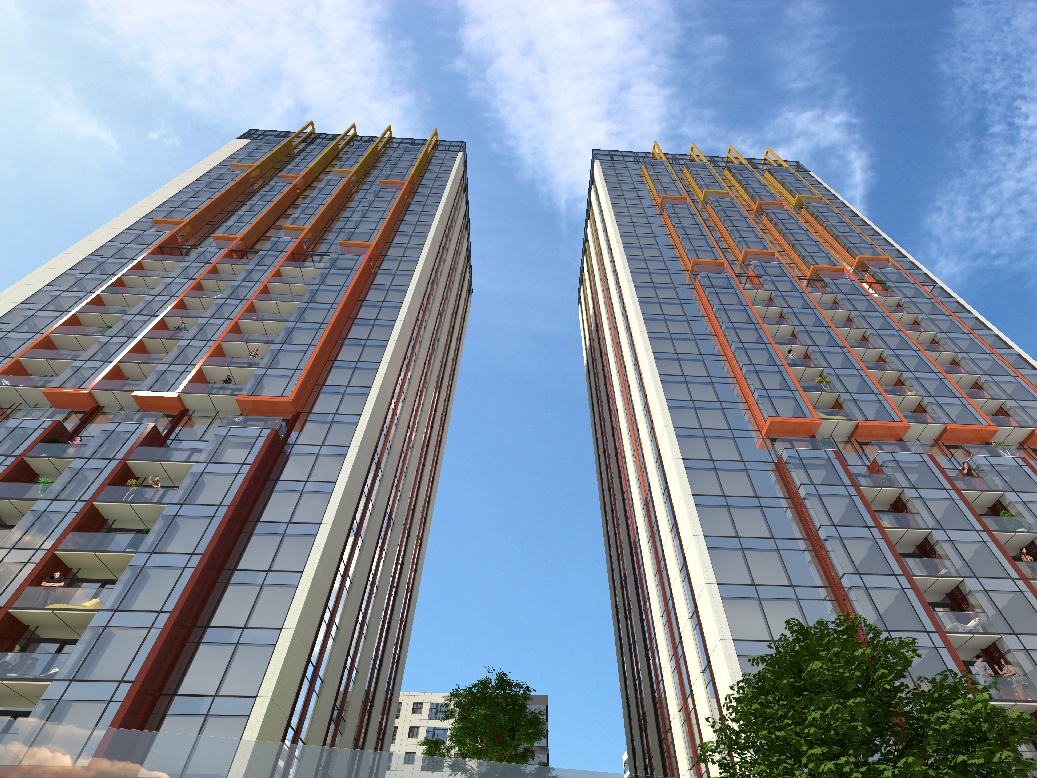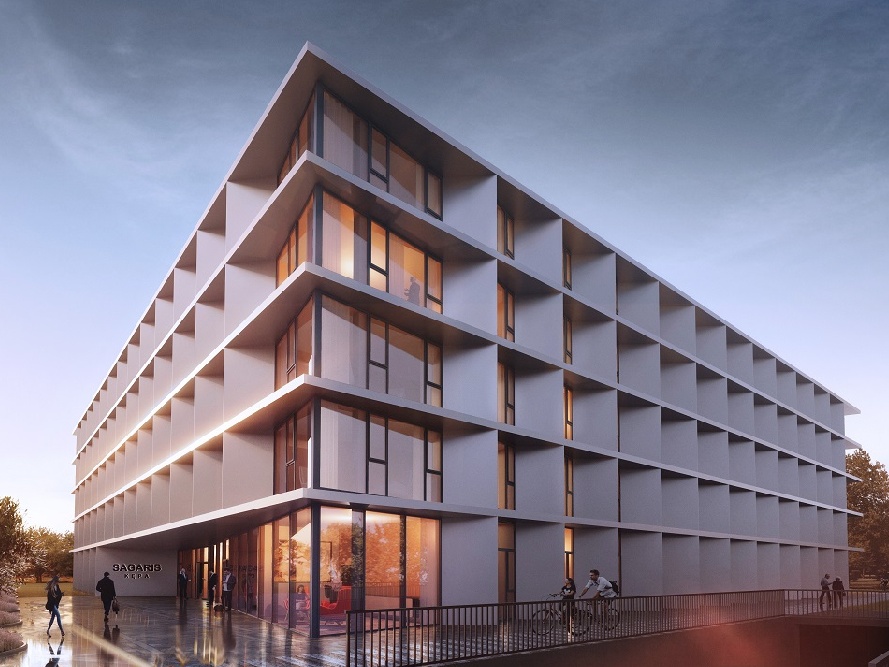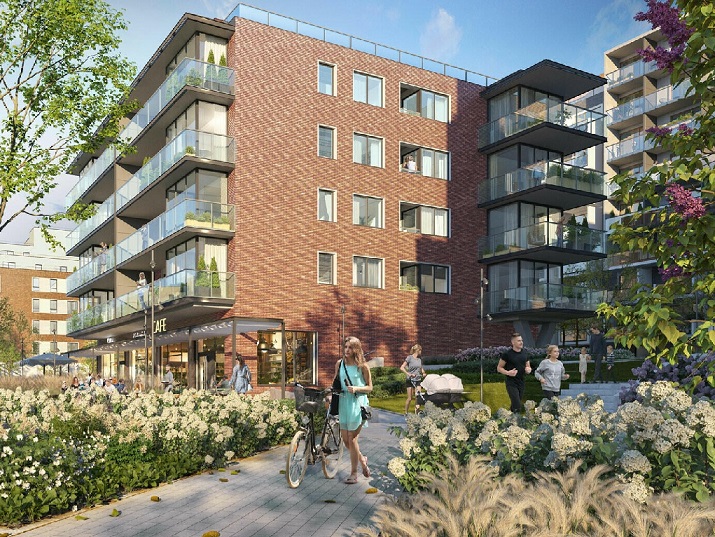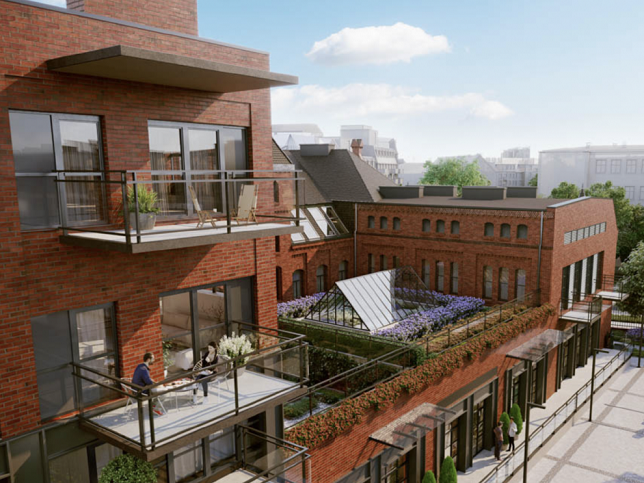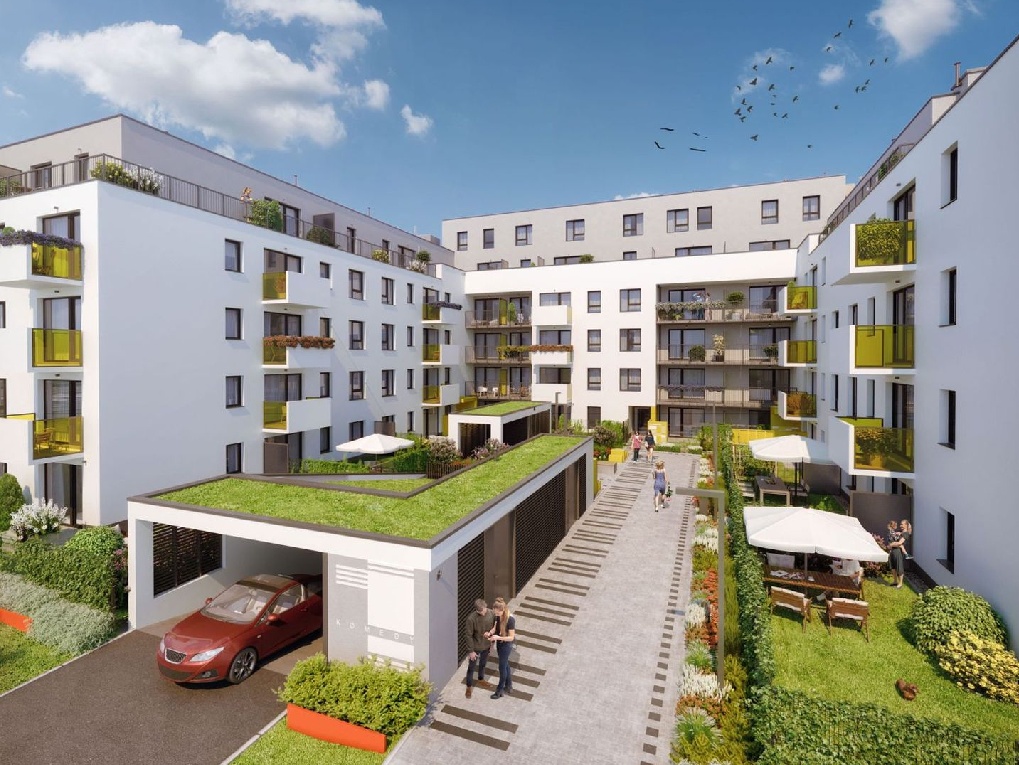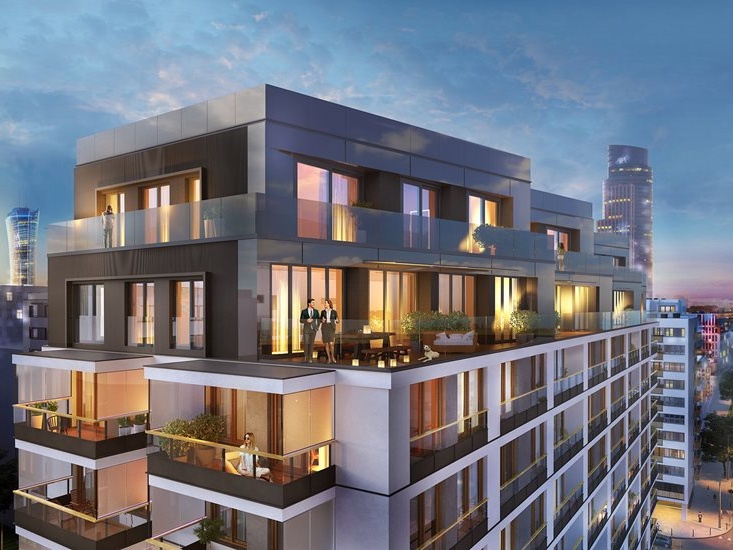PROPERTIES & RESIDENCE
Slovenia
via Company formation
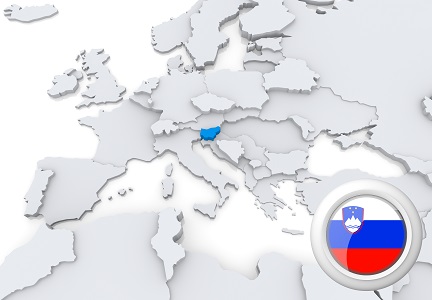
Advantages of obtaining a property in Slovenia
Slovenia has a GDP per capita of 26,000 EUR, making it one of the wealthiest countries in the region. Additionally, holders of Slovenian passports have visa-free access to over 180 countries.
Residence permits on the grounds of owning real estate
A person can obtain a residence permit by investing 7,500 EUR in a company, which is then used to purchase a property worth 50,000 EUR. Once the company has invested in the property, the person can apply for a residence permit. The total investment required for this pathway is 60,000 EUR. It is important to note that specific requirements and regulations may vary depending on the country in question.
Residence permits on the grounds of company formation
It is important to clarify that the information provided is not entirely accurate. In general, in order to apply for a residence permit on the basis of business investment and setting up a company, the applicant needs to invest a certain amount of capital in the company, which varies depending on the country. The amount mentioned, 7,500 EUR, may apply to a specific country, but it is not a general rule.
Additionally, it is not common or necessary for the applicant to get hired by their own company in order to apply for a residence permit. The main requirement is usually to demonstrate that the investment made will have a positive impact on the country's economy, and that the applicant has the necessary skills and experience to run the business.
It is important to thoroughly research the specific requirements and procedures for obtaining a residence permit through business investment and setting up a company in the country of interest.
Taxes & Rental Income Tax
Slovenia has a relatively heavy tax burden compared to some other countries, with a corporate income tax rate of 19% and a personal income tax rate of 15%. In addition, the sales tax rate in Slovenia is 20%, and social security taxes can be as high as 38%. Rental income is also taxed in Slovenia, with the option to choose between paying 10% of gross income or 15% of net income. It is important to note that taxpayers can deduct certain costs associated with rental income for tax purposes.
Also, to add some more details on rental income tax in Slovenia, it's worth noting that the tax rate depends on the type of property and the length of the rental period. For short-term rentals (less than 30 days), the tax rate is 25% of the gross rental income, while for long-term rentals (30 days or more), the tax rate can be either 10% of the gross rental income or 15% of the net rental income.
In addition, it's possible to deduct certain expenses related to the rental property, such as repairs and maintenance, property management fees, and insurance premiums. The tax authorities may require proof of these expenses, so it's important to keep proper records.
Other residence types in Slovenia
In addition to the business investment and ownership of real estate, there are other types of residence permits available in Slovenia, including:
-
Employment: Non-EU citizens can obtain a residence permit for the purpose of employment in Slovenia. The employer must provide a job offer, and the employee must meet certain qualifications and language requirements.
-
Studies: Students from outside the EU can obtain a residence permit for the purpose of studying in Slovenia. They must provide proof of enrollment in a recognized educational institution and have sufficient financial means to support themselves during their studies.
-
Family relationships: Non-EU citizens can obtain a residence permit based on family reunification with a Slovenian citizen or a foreigner who is already a resident in Slovenia.
-
Other purposes: Residence permits are also available for other purposes, such as medical treatment, scientific research, and humanitarian reasons.
It's worth noting that the requirements and application procedures for each type of residence permit may vary.
Which residence permits offer a path to permanent residency and citizenship?
Several types of residence permits in Slovenia offer a path to permanent residency and citizenship.
Firstly, the temporary residence permit based on business formation, as mentioned earlier, can lead to permanent residency after five years of continuous temporary residency in Slovenia, as long as the individual meets certain requirements such as language proficiency and not having a criminal record. After one year of permanent residency, the individual may apply for citizenship.
Secondly, a temporary residence permit based on family relationships can also lead to permanent residency after five years of continuous temporary residency in Slovenia, with the same requirements as the business formation permit. After one year of permanent residency, the individual may apply for citizenship.
Thirdly, individuals who have legally resided in Slovenia for at least eight years, either with a temporary or permanent residence permit, may apply for permanent residency. After one year of permanent residency, they may apply for citizenship.
Lastly, individuals who are married to a Slovenian citizen and have resided legally in Slovenia for at least two years may apply for citizenship.
Restrictions & Challenges
It is important to note that obtaining Slovenian citizenship may require up to 10 years of residency in the country, which is a significant commitment. Additionally, Slovenia's taxation system may not be very welcoming to foreign residents, as taxes can be quite high. The process of obtaining a residency permit can take around 6-9 months and may require specific property qualifications. Those seeking a residency permit will also need to spend 6 months in Slovenia, though they may be able to fulfill this requirement while within the broader Schengen zone. Residency permits are available to families, and all required documents must be apostilled. However, it is worth noting that English may not be widely spoken in Slovenia, so language barriers may present a challenge. Worldwide income may also be subject to taxation, and double citizenship is not currently allowed.
Slovenia
Most foreign investors are attracted by Slovenia’s strategic position at the heart of Europe, its excellent transport and ITC infrastructure, its value chains, industry clusters and centres of excellence. Investors keen on locating their operations at the heart of the market with 500 million consumers will find Slovenia’s international commercial contacts and the land-sea-air transport system ideal.
Current OpportunitiesGrowth And Business Advantages
Slovenia is an advanced, independent, and stable country that has been an open market since its successful economic transition in the 2000s. It is a member of the European Union and the Eurozone, which makes it an attractive destination for business migration and investment. However, like many other countries, Slovenia's economy was hit hard by the COVID-19 pandemic, which caused a contraction in all demand components except government consumption. The IMF estimated that Slovenia's GDP fell to -5.5% in 2020, and the government budget was burdened by measures taken to cushion the effects of the pandemic.
Despite the challenges posed by the pandemic, Slovenia is expected to see growth in the coming years, with a forecast of 3.7% growth in 2021 and 4.5% in 2022, thanks to a rebound in private consumption and increased investments from both the public and private sector. The drop in GDP and the large deficit caused a sharp increase in the debt-to-GDP ratio, which went from 65.6% in 2019 to approximately 81.5% in 2020, but is projected to gradually fall to 80.5% and 78.2% in 2021 and 2022, respectively, as the economy recovers.
Slovenia's real property market was flourishing before the pandemic, with new investment and construction cycles. However, the online booking activity of platforms like Airbnb and booking.com has spread through the country and major cities, severely impacting the rental housing market, especially long-term rental relationships. Slovenia is also among EU countries with the highest housing deprivation rates.
Doing business in Slovenia has its advantages, including obtaining a residence permit in Slovenia when registering a company, which allows for business and travel to other EU countries. Private individuals and companies in Slovenia do not pay taxes on their own property, and it is paid only for the use of land on which your property stands, which is more profitable than property tax. The income tax rate is 19%, and there are two different rates of VAT: 22% (high rate) and 9.5% (low rate) for certain goods and services. Slovenia offers free education and kindergarten, and its healthcare system is of high quality.
Real Estate Trends
It appears that despite the pandemic, the real estate market in Slovenia has been booming with new investment and construction cycles. This growth is due to the increased demand for property, which has driven up sales and prices. However, the rise of online booking platforms like Airbnb and Booking.com has had a negative impact on the long-term rental market. The city of Ljubljana has seen significant growth in terms of visitor numbers and recognition as a sustainable destination. It is also the economic and cultural center of the country. Despite this growth, Slovenia has a high rate of housing deprivation compared to other EU countries.
-
-
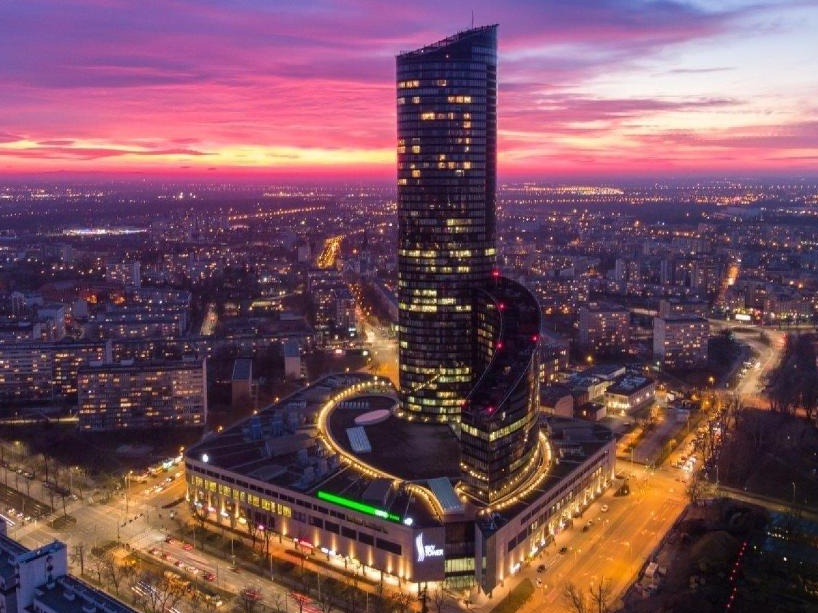
Poland > Wroclaw — Sky Tower 48F
Wroclaw
Poland > Warsaw — Moxo House
Warsaw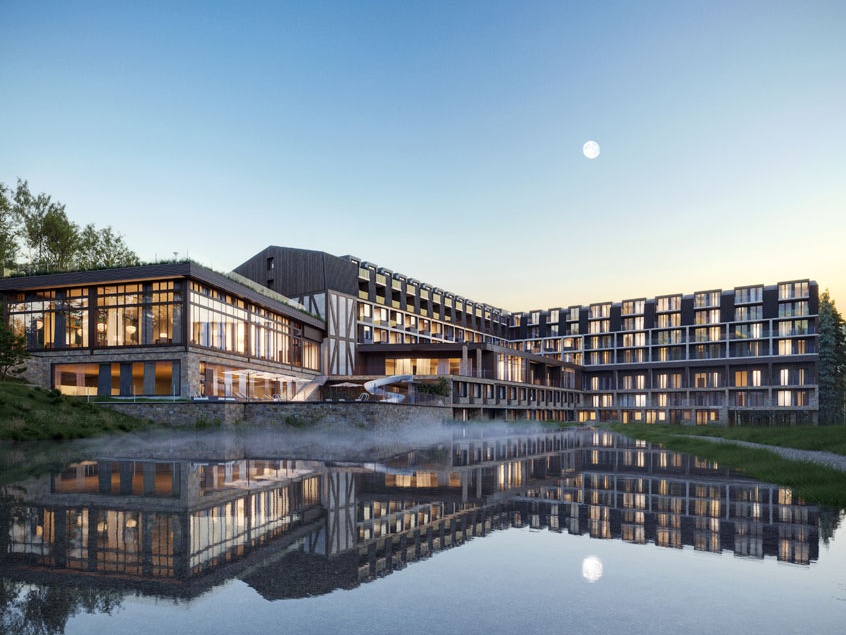
Poland > Giant Mountains — Passive Income on Rental
Szklarska Poreba